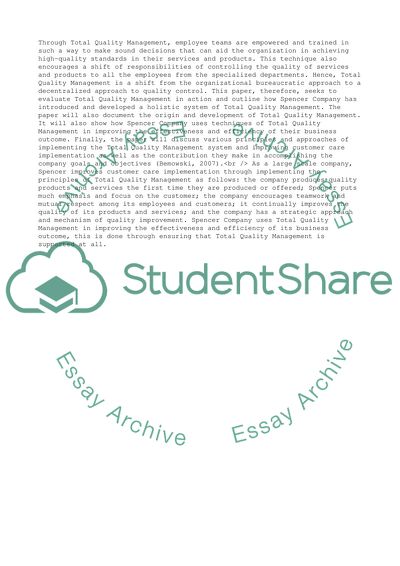Cite this document
(The Total Quality Management Philosophy Assignment, n.d.)
The Total Quality Management Philosophy Assignment. Retrieved from https://studentshare.org/management/1617003-analytical-report
The Total Quality Management Philosophy Assignment. Retrieved from https://studentshare.org/management/1617003-analytical-report
(The Total Quality Management Philosophy Assignment)
The Total Quality Management Philosophy Assignment. https://studentshare.org/management/1617003-analytical-report.
The Total Quality Management Philosophy Assignment. https://studentshare.org/management/1617003-analytical-report.
“The Total Quality Management Philosophy Assignment”, n.d. https://studentshare.org/management/1617003-analytical-report.


